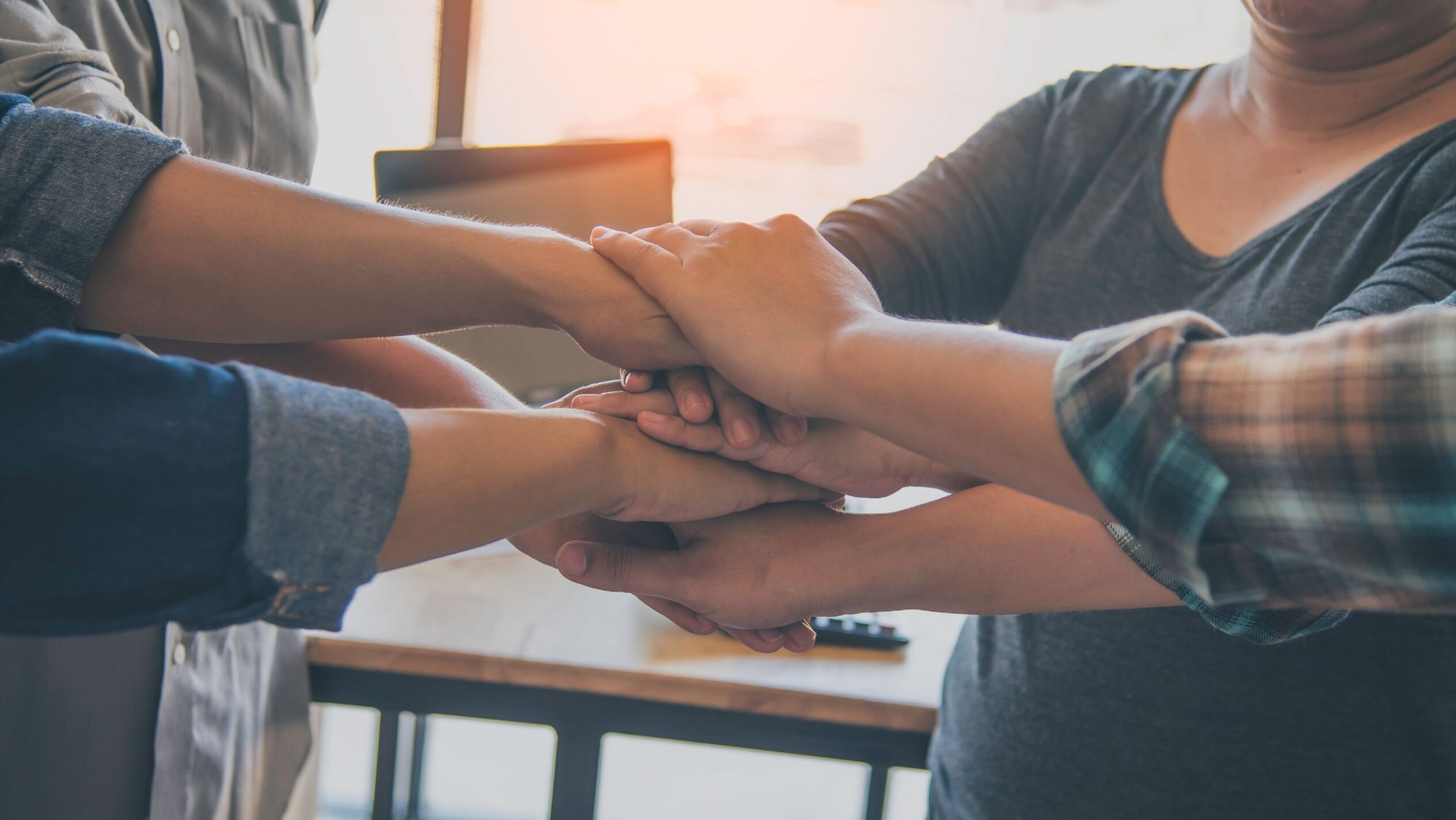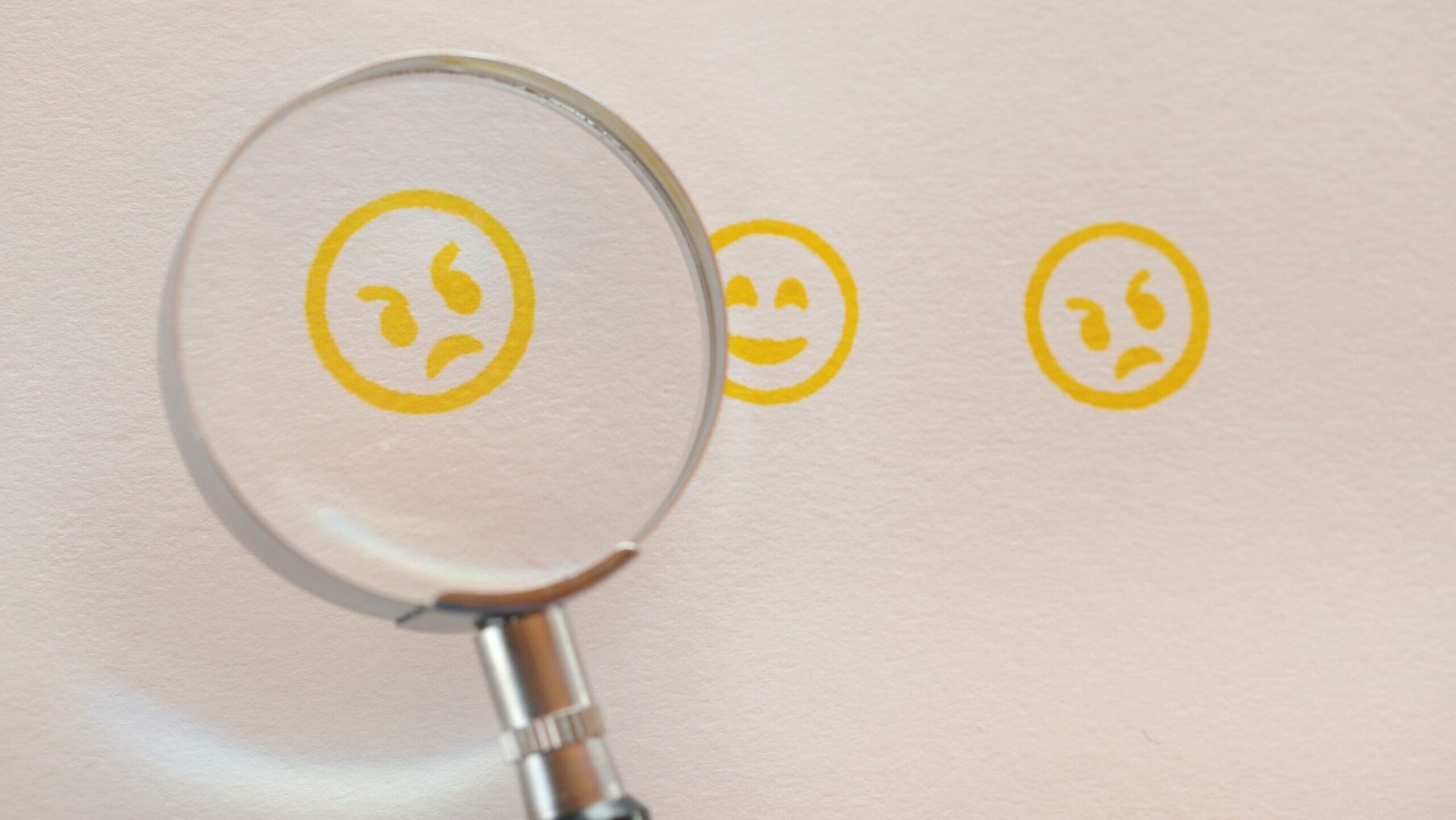
Background and Purpose

In 1999, Senator Harry Reid, who lost his father to suicide, introduced a resolution in the United States Senate that led to the establishment of International Survivors of Suicide Loss Day, designated to always fall on the Saturday before American Thanksgiving. In 2024, this day will be observed on Saturday, November 23. On this day, survivors of suicide loss can come together to find connection, understanding, and hope through their shared experiences.
International Survivors of Suicide Loss Day also provides an opportunity for governments, organizations, and institutions to highlight the importance of suicide prevention and mental health. They can collectively raise awareness and foster understanding, creating an environment where the public feels comfortable seeking help. This enables communities to actively support those affected by suicide, helping to break the stigma surrounding it.
Why We Need to Care the Survivors of Suicide Loss?
Edwin S. Shneidman, father of contemporary suicidology from the United States, indicated that six people are greatly affected by each suicide death, including parents, children, spouses, siblings, friends, colleagues, etc. In Hong Kong, there are approximately 1,000 cases of suicide death each year, affecting at least 6,000 to 30,000 people. Research shows that survivors of suicide loss have a higher likelihood of suicidal thoughts, making them a high-risk group for suicide. Apart from these numbers, many people have attempted suicide or have serious suicidal thoughts. Each suicide or suicide attempt leads to a serious impact on the family, friends, the community, and society, affecting millions of people globally. International Survivors of Suicide Loss Day serves as a reminder of the widespread impact of suicide on friends, families, and communities, encouraging the public to express sympathy and support for those who have lost someone.
When a family member passes away due to non-natural causes (such as accidents, homicide, and suicide), other family members have to address a large amount of post-mortem, funeral arrangements, and death registration. At the same time, they must cope with the emotional pain of losing a loved one suddenly. The grief experienced by family members is particularly intense that the feelings involved are truly indescribable to outsiders. In addition to the grief, they may also have a multitude of inner conflicts, including confusion and disbelief, guilt and self-blame, shame, loneliness, abandonment, anger, repression, and even thoughts of suicide. It is common to hear survivors of suicide loss say, “If I could trade my life for his/her survival, I would do so without hesitation.” According to the research conducted abroad and by our organization, survivors of suicide loss not only experience feelings of self-blame, guilt, anger, and hopelessness but are also more prone to suffering from psychological disorders such as depression or post-traumatic stress disorder (PTSD) and even exhibit suicidal behaviors.
The following responses across physiological, cognitive, behavioral, and social dimensions may commonly occur by the survivors of suicide loss:
| Physiological responses | Muscle tension, dyspnea, tachycardia, insomnia, changing in appetite, loss of energy, fatigue etc. |
| Cognitive responses | Refusing to acknowledge the fact of a family member or friend’s suicide death, may attribute it to an accident, homicide, or hope it is just a nightmare. Common questions that often arise include: Why did this happen? What was going through their mind at that moment? Did they ever think about me? |
| Behavioral responses | Continuously seeking the truth, attempting to piece together the life and words of the deceased before the incident repeatedly, or turning to superstition or divination in efforts to find a “culprit,” attributing the event to one’s own or others’ negligence and responsibility towards the deceased, striving to fulfill any unfinished wishes of the deceased as much as possible, talking to oneself, and finding it difficult to trust others. |
| Social responses | Feeling lonely, becoming withdrawn and unwilling to engage with others, impacting daily life. |
Academic Research
A study “Exploring the Causes of Suicide among Hong Kong Residents” conducted by our organization from 2004 to 2007 was the first academic research in Hong Kong to focus on the issues faced by the survivors of suicide loss. The study involved interviews of 150 survivors of suicide loss aged between 15 and 59, whose family members or friends had died by suicide between August 2002 and December 2004. In addition to inquiring about the mental, physical, family background, psychological, social, and lifestyle factors of the suicide victims, the interviews also covered the perspectives, feelings, psychological, social, and physical adaptations of the interviewees during their mourning period.
The research found that after the suicide of family members or friends, they experienced stress (45.4%), loneliness (31.3%), anxiety (42.7%), difficulties in daily life (17.5%), and confusion (49.7%). They also reported physical pains such as headache and backache. Furthermore, they felt shame due to the incident, with some also affected by media reports on suicide.
Care Services
If negative thoughts arising from the survivors of suicide loss are not managed appropriately, their lives in the future can be affected, also potentially lead them to depression or self-harm, causing further distress. Our Suicide Crisis Intervention Centre established the first “Relatives and Friends of the Suicidal People Self-help Group” in Hong Kong in September 2004, hoping to help the members get out of the predicament by gathering them together to gain mutual support, live a new live and ultimately achieve the goal of “helping others to help themselves”. All group members have experienced the suicide of a family member or friend, members in the group can find a community of companions who can empathize with their experiences and trust each other. Together, they support one another, share their stories, attend regular meetings and lectures to understand their own stress and emotional management, and encourage each other to overcome challenges hand in hand.
The “Relatives and Friends of the Suicidal People Self-help Group” was later renamed as the “Live the Rainbow Service”, implying that the group members can overcome the pain and to live a colorful life. Due to the remarkable results of the “Live the Rainbow Service”, our organization was further funded by the Social Welfare Department to launch a one-stop shop “Live the Rainbow Service” for relatives and friends of the suicide deaths starting from November 2009, activities include counselling for relatives and friends of the suicidal deaths, therapeutic Group for relatives and friends of the suicidal deaths such as The Unfinished Novel, Soul Seed, and Live the Rainbow Support Group for Relatives and Friends of the Suicidal Deaths.
Video Recap
Dos and Don’ts of Those Around the Survivors of Suicide Loss
Dos |
Don’ts |
| O Initiate care and listen actively
– This can help reducing anxiety for grieving friends and families, allowing them to express complex emotions and thereby find emotional healing. |
X Avoid forcing them to express feelings
– Respect and accept the emotional pace of them. If they are not ready or willing to share, excessive care may inadvertently add pressure and complicate matters for them. |
| O Listening patiently and encouragement
– They may repeat and recount the same experiences and feelings. Encourage them to express their feelings and listen patiently, which can help in healing their grief. |
X Avoid answering questions about the grieving process
– Friends and family members may have many questions such as the reasons behind the suicide. Avoid providing answers on their behalf. |
| O Calling the deceased by name
– When discussing the deceased with friends and family members, call the deceased by their name to show respect and remembrance. |
X Avoid imposing personal values and opinions
– If you find it challenging to understand or agree with the values and opinions of friends and family members, or if you hold a different perspective on the deceased’s suicide decision, refrain from expressing personal criticism, blame, or prejudice. |
| O Maintaining an accepting attitude
– The news of a friend or family member’s suicide can evoke complex emotions. Maintaining an accepting attitude towards them, allowing them to express their emotions without fear of your reaction to their intense feelings. |
X Avoid taking the lead in their grieving process
– Refrain from subjectively telling them how they should feel or what they should do at the moment. |
| O Showing respect and empathy
– Some people may find it difficult to discuss the suicide of friends and family members. Try to understand their feelings and show respect for their views and emotions. |
X Avoid assisting them through grief alone
– Solely relying on yourself may not fully assist them in overcoming grief. It is advisable to help them seek professional assistance actively, such as our “Rainbow of Life Service,” which effectively combines various resources to help them move forward, face life actively, and overcome difficulties. |
Tips for Survivors of Suicide Loss to Live Better
– Do not feel ashamed or blame yourself, learn to let go of questions: Remember that the decision of the suicide to harm themselves is not your responsibility. There is no need to feel ashamed or blame yourself for the suicide death of a loved one.
– Do not fear crying: Give yourself time to heal from grief and believe that grief can transit.
– Seek medical help for severe physical reactions: It is normal for physically discomfort such as headache or insomnia. If the situation is severe, seek medical attention.
– Be brave to express emotions or feelings: Cry, confide and share with trusted people, and seek professional help when necessary.
– Do not harm yourself: Do not act upon them when thoughts of self-harm arise.
– Be mindful of the feelings of other friends and family members: Pay attention to the pain and feelings of other friends and family members, showing mutual care and support.
– Be patient with those who do not understand your feelings and needs: They may simply be overwhelmed and unsure how to empathize and care.
– Try to start a new life: Temporarily postpone significant decisions, reflect on the things you appreciate about yourself, accept these experiences as part of life and continue living well.
– Join a supporting group: Share experiences and grief with fellow survivors, providing mutual assistance.
If you are taking care for someone with suicidal thoughts, you can contact our peer hotline, “Here to Hear” ☎️2389 2227 or WhatsApp 💬 5779 7356. If you are also facing emotional distress or thoughts of suicide yourself, please seek professional support. Survivors of suicide loss must also take care of their own mental health and well-being, and seek help when needed.
Donation
We hope for your support in strengthening our efforts to promote messages of valuing life, caring for those around us, and providing proper support to prevent suicide.
1. Online Donation (click here)
Via PayPal with VISA / MasterCard / UnionPay / American Express / Discover Card. For one-off donation, our system will immediate generate a donation receipt and email to your email directly after the transaction is completed.
2. Faster Payment System (FPS) / PayMe / Alipay Hong Kong
Scan the QR Code for transaction, if you need the donation receipt, please take a screenshot of the successful transaction with your name, telephone number and address, and email us at care@sbhk.org.hk.



3. Other Methods(click here)
Inquiry
The Samaritan Befrienders Hong Kong – Public Communications Department
Tel: 2363 7533
Email: care@sbhk.org.hk


